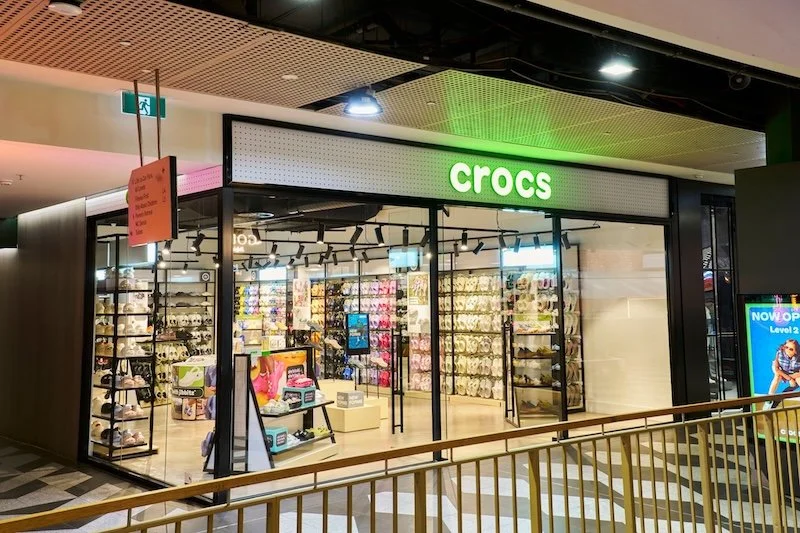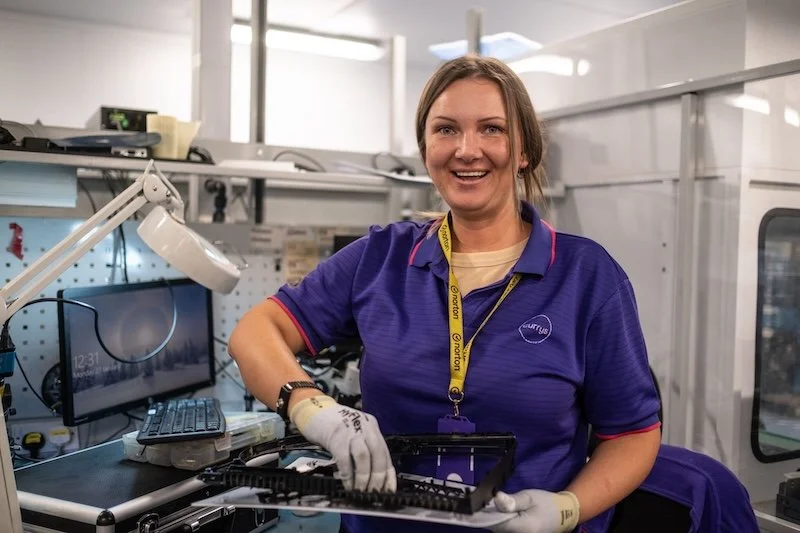Brits accept level of fraud for online convenience, Paysafe
Two-thirds of UK consumers see fraud as an inevitable risk when shopping online, according to Paysafe research.
The company surveyed 5,056 consumers from the US, UK, Canada, Germany and Austria and found that seven in ten UK consumers now prefer shopping online rather than going to physical stores, and 68% do so much more than they did a year ago. One third have experienced payment fraud in the past year, up 6% on 2017.
When online, 61% have used digital wallets in the past month, 34% have used a credit card and 57% a debit card. Meanwhile, 51% are using in-app purchases more than a year ago. 79% now say they prefer websites that already have their payment information stored.
Cash, however, continues to thrive as the most common form of payment: 88% of consumers used it in the past month to make a purchase. Although 62% of UK consumers carry less cash than they did a year ago, falling from an average of £33 last year to £21 in 2018, their relationship with notes and coins is changing and there are other ways to keep it at the forefront of the payment mix. For example, in Austria and Germany, online cash replacement systems which negate the need to share financial data are used by 12% and 9% of respondents respectively.
Oscar Nieboer, Chief Marketing Officer, Paysafe Group, comments: “In the UK, we have now reached a level of maturity in online retail – most websites are optimised, the checkout process is increasingly simple and delivery is getting quicker. In turn, more consumers are telling us they are accepting a level of fraud for this convenience. What is notable, though, is the same rules do not yet apply to biometrics, such as voice-activated payments. The idea of a consumer’s unique biometric data being defrauded is uncomfortable, and this manifests as emerging technology like voice not yet attracting mainstream usage for payments.”










Continue reading…